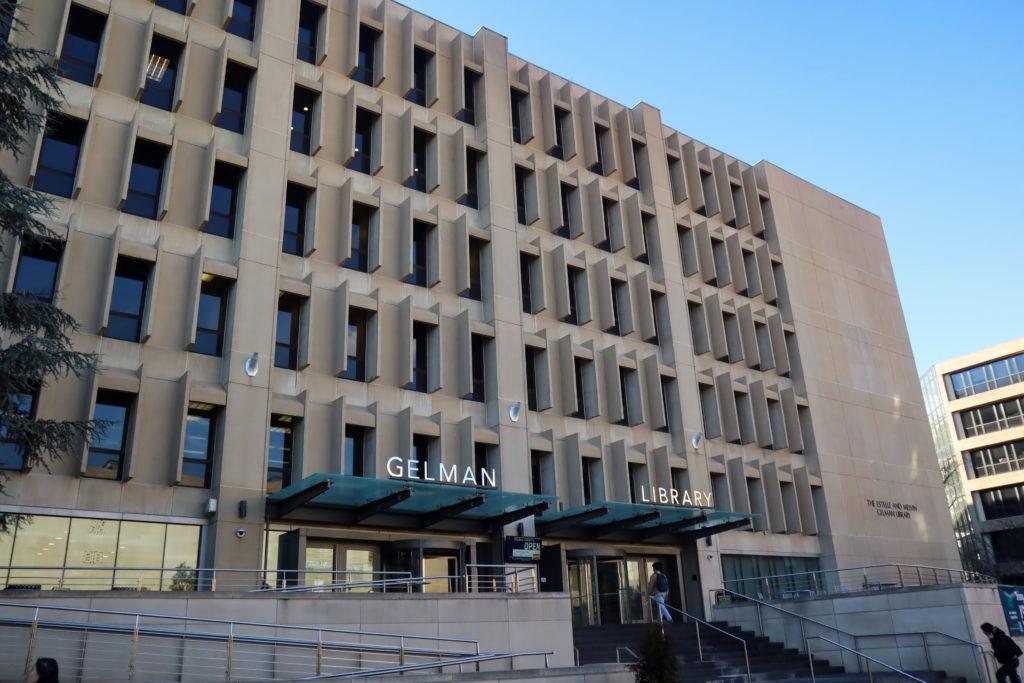Gelman Library is updating subject headings in its catalog to replace outdated and offensive language with modern terminology.
The reparative cataloging project launched five years ago and aims to address historical inaccuracies and offenses in texts to make the library more inclusive and accessible to people searching for content. GW catalogers work on updating a shared catalog with fellow members of the Washington Research Library Consortium, a nonprofit corporation for improving library services comprised of universities in the D.C. metropolitan area, according to a University release last month.
Geneva Henry, the dean of libraries and academic innovation and vice provost for libraries and information technology, said catalogers identify and change subject headings by addressing terms while cataloging new resources, implementing recommendations from community members and taking suggestions from the Cataloging Lab, which identifies word change recommendations from across universities. She said university libraries traditionally use Library of Congress subject headings — which at times receives scrutiny for outdated language — but the WRLC aims to “act more quickly” than Congress when identifying and correcting offensive terms.
The WRLC can meet and decide to deviate from the Congress’ language, as they did with changing “illegal aliens” to “undocumented immigrants,” according to the release.
“It is true that to represent a wide variety of viewpoints, cultures and time periods, we have materials that someone will find objectionable, but the GW Libraries are committed to making sure the way we describe those materials is respectful and welcoming to our entire community,” Henry said in an email.
Henry said recent title alteration projects include the switch from “problem children” to “children with behavioral problems” and “Chinook jargon” to “Chinook Wawa language.” She said previous projects included switching “Orientals” to “Asians,” “illegal aliens” to “undocumented immigrants” and “miscegenation” to “interracial relationships.”
Typing “problem children” into the catalog returned 475,069 results, while “children with behavioral problems” returned 68,970 results and “Chinook jargon” returned 183 results while “Chinook Wawa language” returned 168 results, according to data taken from the database Sept. 15.
Typing “Oriental” into the catalog returned 415,807 results, while “Asians” returned 19,441,356 results, according to data taken from the database Sept. 15. “Illegal aliens” returned 21,597 results while “undocumented immigrants” returned 30,431 results and “miscegenation” returned 3,800 results while “interracial relationships” returned 7,873 results.
Henry said the reparative cataloging efforts will help establish the message that everyone “belongs in this library” by replacing offensive terms that may limit who searches for and accesses texts, according to the release. She said in 2021 the WRLC formed the Reparative Cataloging Subgroup, which convenes monthly to discuss catalog recommendations and ideas for how to replace the terms so all community members feel comfortable.
“We have to make sure that we are reflecting the values of our community in every way, one of them being our catalog, where people search for information using terms they know,” Henry said in the release.
Jen Froetschel, metadata services librarian, said in the release community members can report outdated words in the catalog on the GW library website for staff to review internally and with WRLC members.





